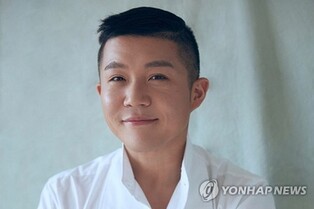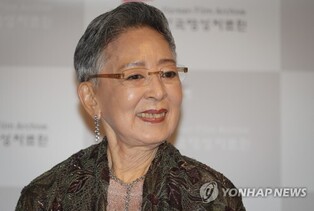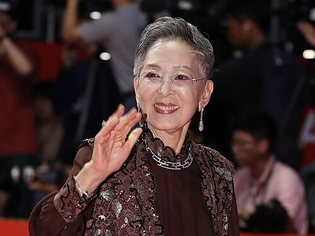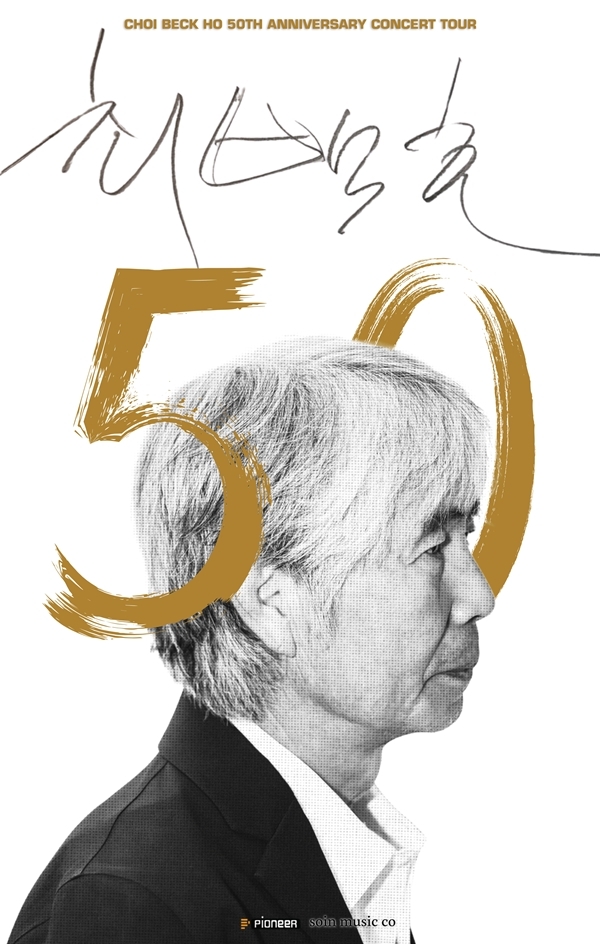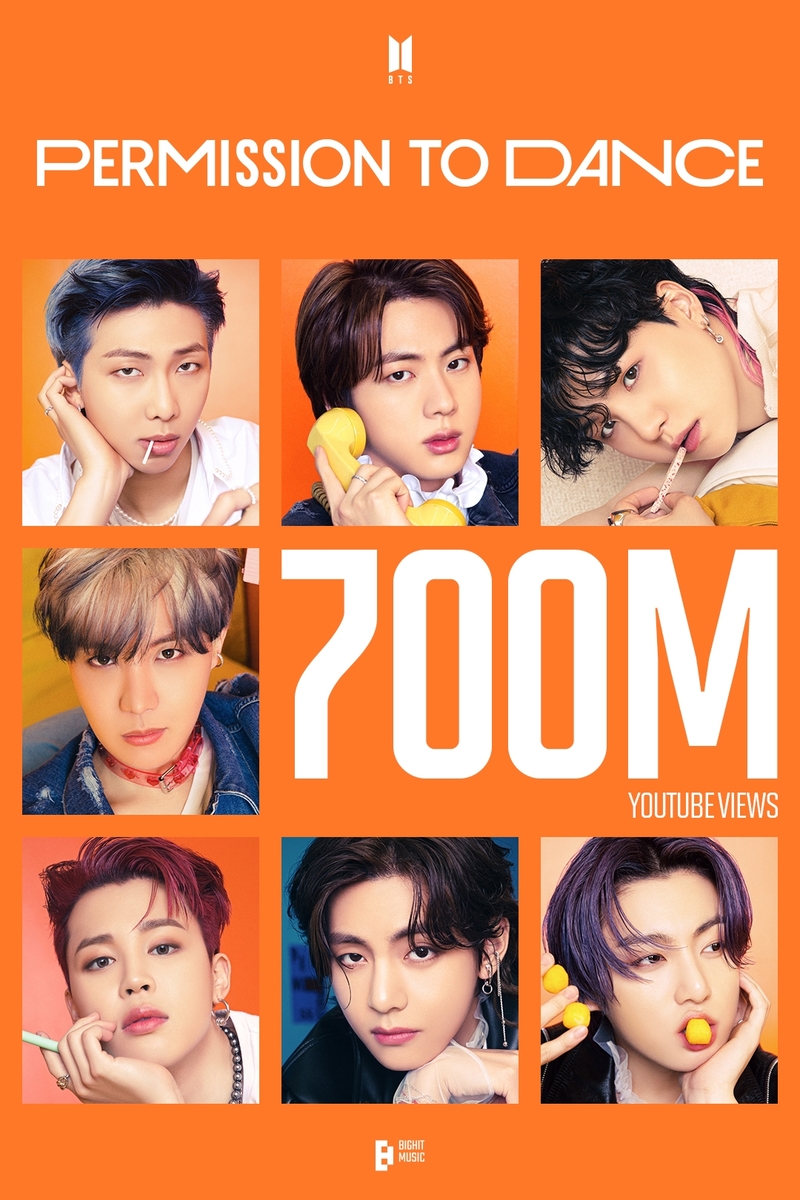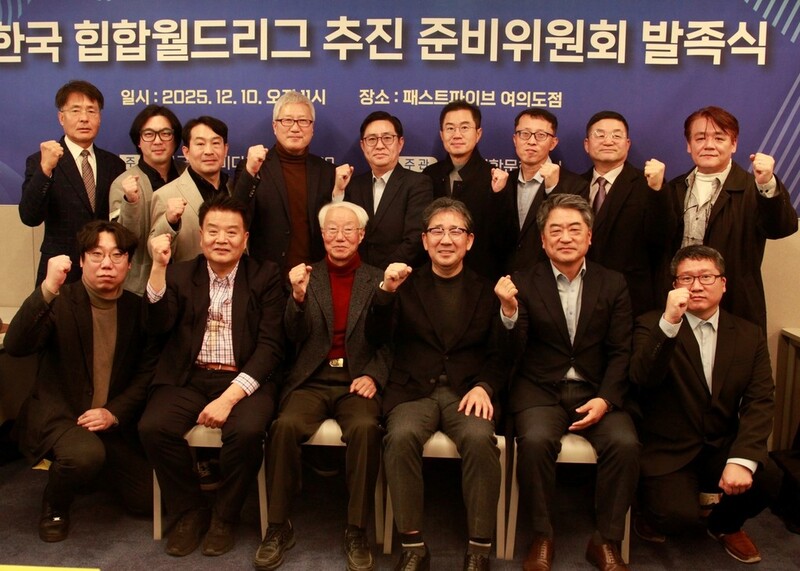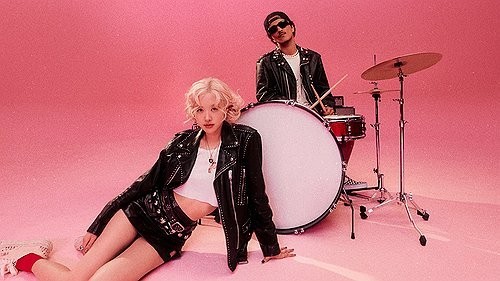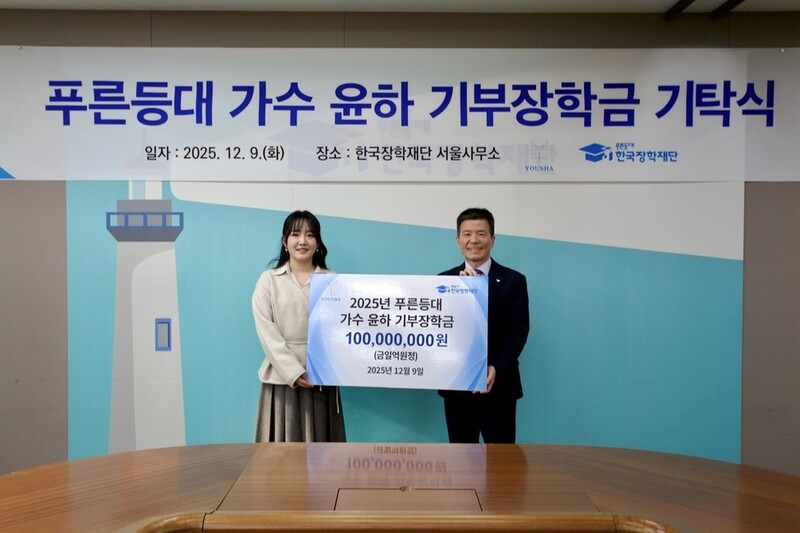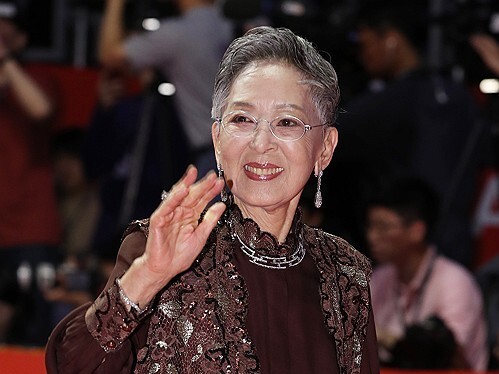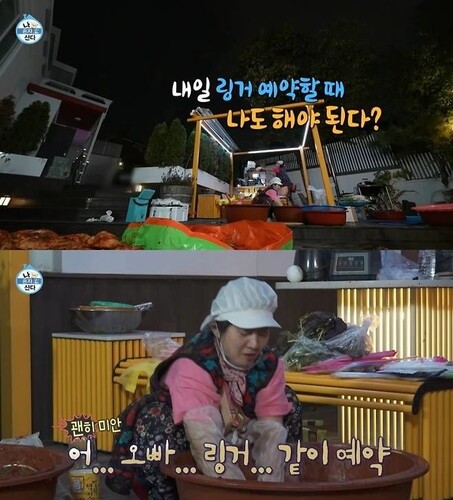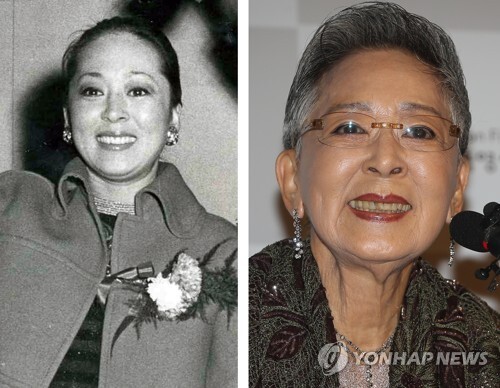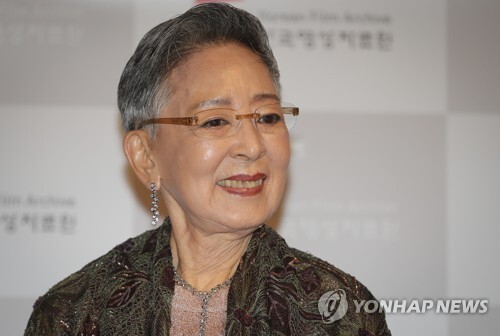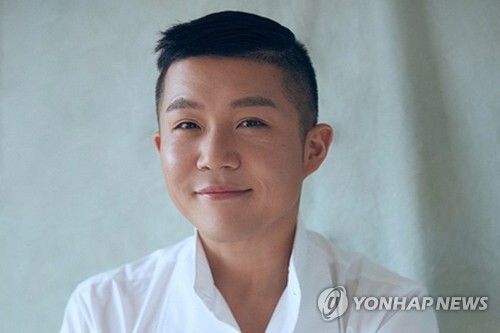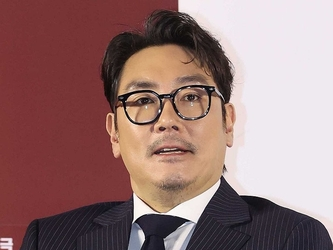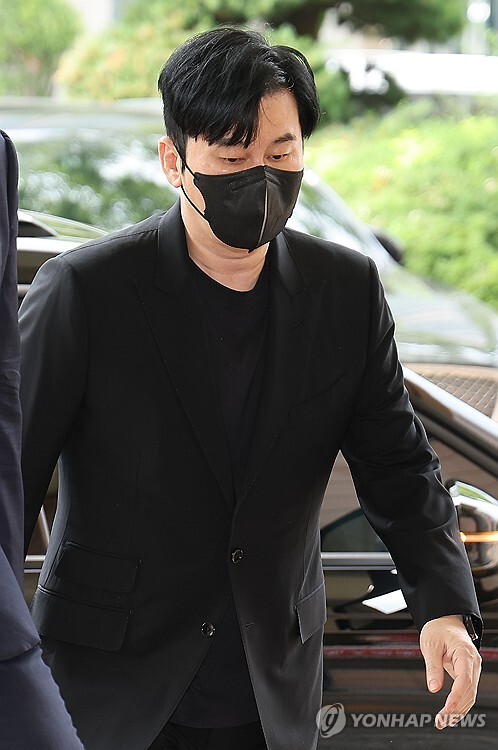 |
| ▲ Yang Hyun-suk, executive producer of YG Entertainment, enters the Seoul Western District Court in Mapo-gu, Seoul, on July 4, 2025, to attend a trial over charges of bringing luxury watches worth hundreds of millions of won into the country without paying taxes. (Yonhap) |
SEOUL, July 18 (Yonhap) -- Yang Hyun-suk, the executive producer and former CEO of YG Entertainment, has received a suspended prison sentence from the Supreme Court for attempting to silence a whistleblower involved in a drug investigation concerning rapper B.I (real name Kim Han-bin).
The Supreme Court’s first division, presided over by Justice Ma Yong-ju, on Friday upheld a lower court ruling that sentenced Yang to six months in prison, suspended for one year, for violating the Act on the Aggravated Punishment of Specific Crimes by coercing a witness.
An employee of YG Entertainment, referred to as “A,” who was also tried for aiding and abetting Yang's actions, had a four-month suspended sentence confirmed as well.
“The lower court’s judgment did not violate the principles of logical reasoning or deviate from the limits of judicial discretion,” the Supreme Court stated. It also rejected the argument that the lower court misinterpreted legal definitions such as “just cause” or “coercion” under the aggravated punishment act.
Article 5-9, Section 4 of the law stipulates that any person who forces or coerces a witness in relation to a criminal investigation or trial without just cause may face punishment.
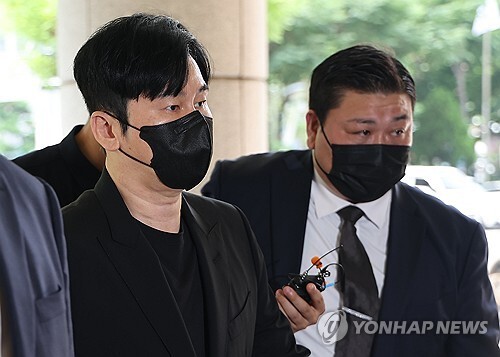 |
| ▲ Yang Hyun-suk, executive producer of YG Entertainment, enters the Seoul Western District Court in Mapo-gu, Seoul, on July 4, 2025, to attend a trial over charges of bringing luxury watches worth hundreds of millions of won into the country without paying taxes. (Yonhap) |
The court also dismissed Yang’s additional appeal points, including alleged ambiguity in the indictment, the constitutionality of the legal provisions, and the scope of permissible changes to the prosecution’s case.
Yang was indicted for allegedly pressuring Han Seo-hee, a former trainee who was detained by police in August 2016 for drug offenses, to retract her statement that implicated B.I in the purchase of illegal drugs. He was accused of attempting to suppress the investigation by coercing and appeasing Han.
Although B.I was not indicted until 2021, he eventually received a three-year prison sentence, suspended for four years.
Prosecutors initially indicted Yang for retaliatory threats under the aggravated punishment act, but the trial court found him not guilty, citing insufficient evidence that he issued direct or specific threats.
In the appellate court, prosecutors introduced the lesser charge of witness coercion as an alternative, leading to a guilty verdict. While the court did not accept Han’s claim that Yang said, “It would be easy to get rid of someone like you,” it acknowledged that Yang used his position as a company head to pressure her into reversing her statement, ultimately resulting in the closure of the investigation.
“The defendant exploited his status as the de facto head of the agency to demand a retraction of testimony regarding a celebrity’s drug offense,” the appellate court ruled. “The coerced reversal of testimony directly led to the termination of the internal probe, undermining both the witness’s freedom and the integrity of the criminal justice system for a considerable time.”
Yang appealed the verdict, but the Supreme Court rejected his final challenge.
After the ruling, Yang expressed regret over the lengthy legal process but said he would humbly accept the outcome.
“Though I feel disappointed, I respect the court’s decision,” Yang said through YG Entertainment. “I will return to my duties with greater caution and a stronger sense of responsibility.”
He added, “While I was acquitted of the original charge of retaliatory threats in both the first and second trials, the prosecution introduced the unfamiliar charge of witness coercion during the appeals process. This led to a protracted legal battle spanning five years and eight months, ending with today’s final ruling.”
(C) Yonhap News Agency. All Rights Reserved







